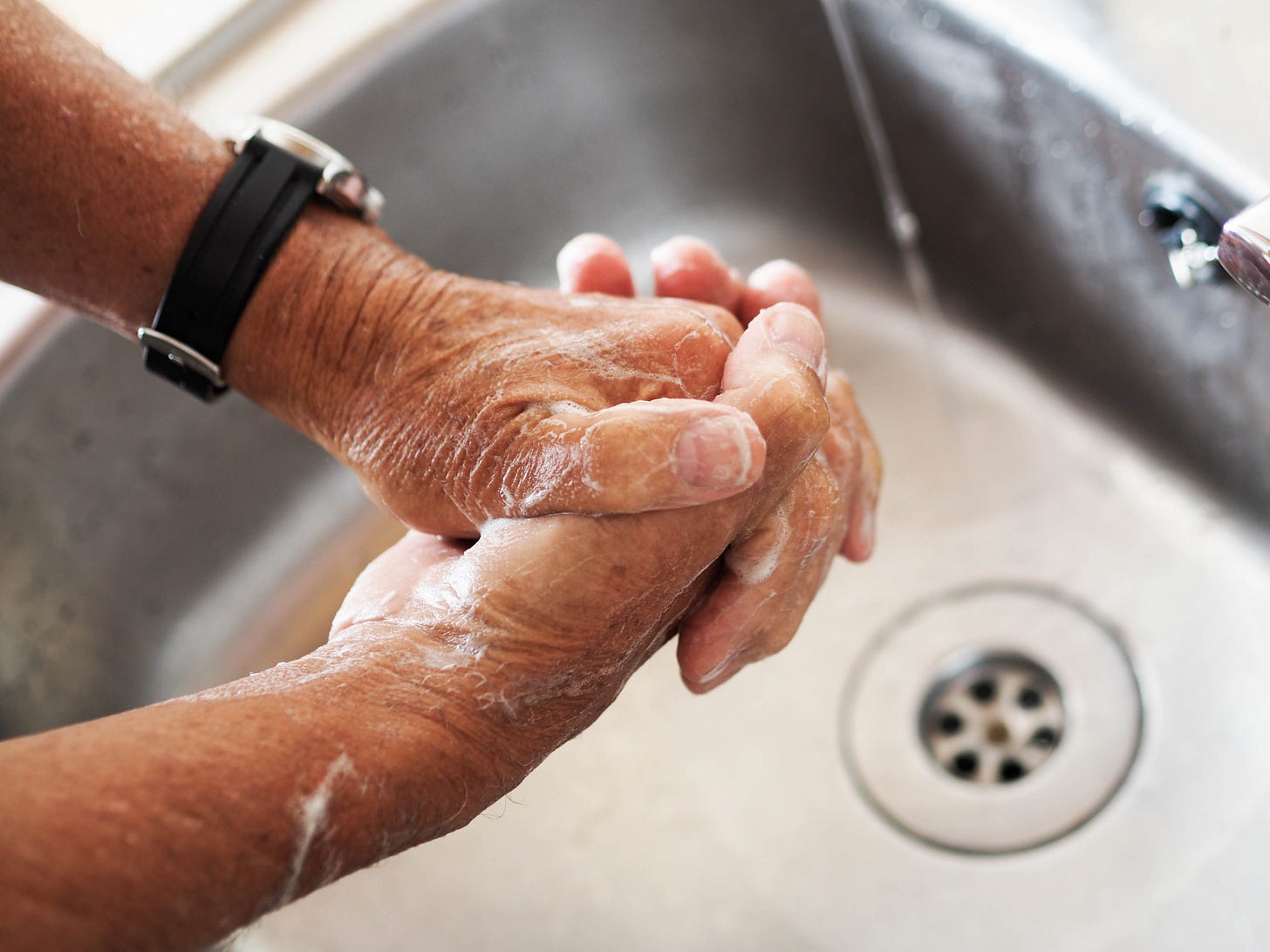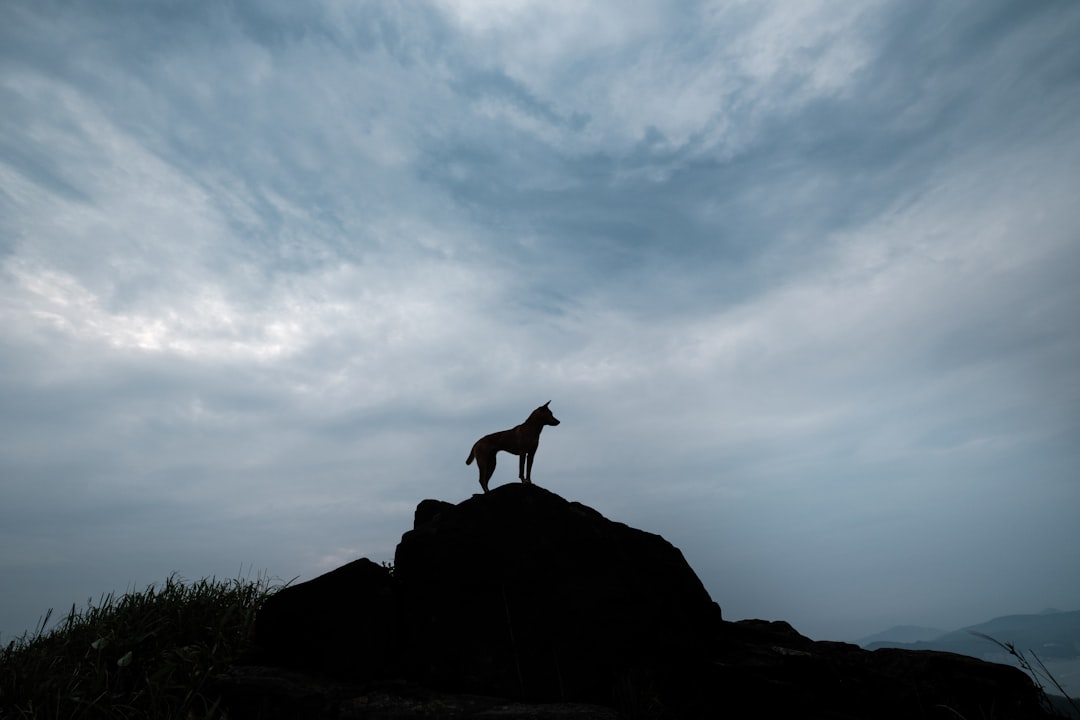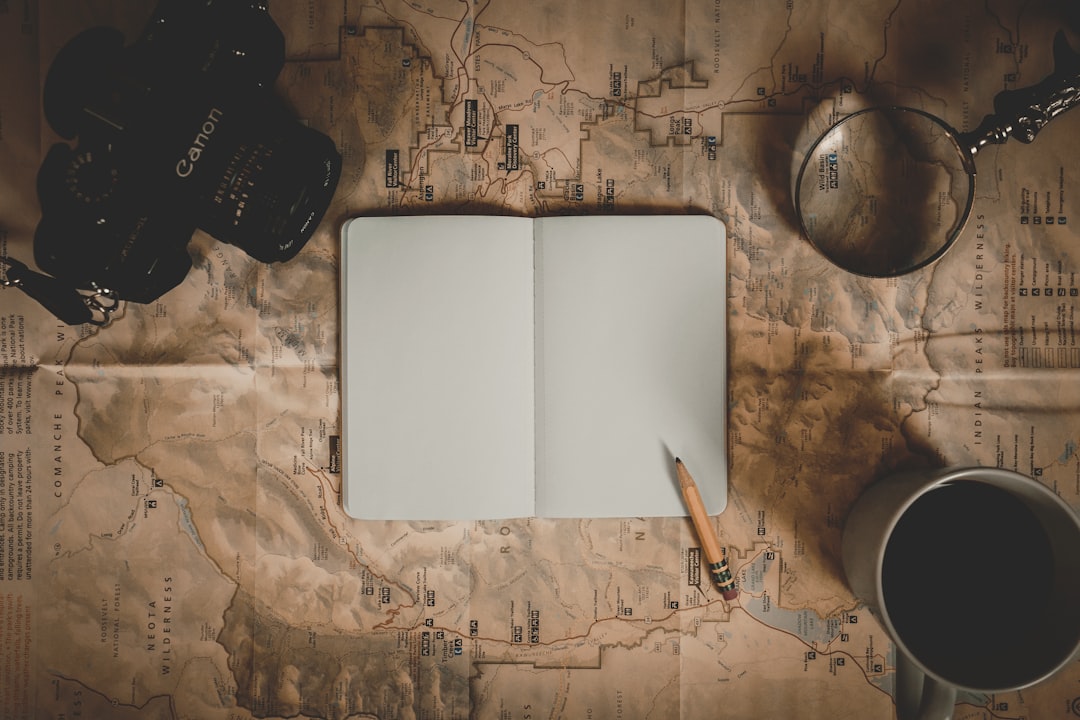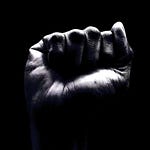We called the industrial dishwasher The Pope because it often threw scalding water at us and burned our hands like we were minimum-wage heretics. I worked with Greg and Wayne, two white boys who’d grown up in trailer park poverty in Spokane. But, like me, they’d read a thousand books before they were ten and fought their poor-ass scholar way into college. The three of us washed dishes in the student center at Washington State University. I don’t know how many plates, cups, pots, pans, and utensils we scrubbed and disinfected during an average shift but it had to be in the thousands. It killed our backs. It killed our feet. It peeled the skin off our hands.
Wayne was shy. A baseball-hatted cypher. But Greg was a monologue in rubber boots who always got the idioms wrong, as in, “It’s like six in one hand and six in the other.” As in, “If you don’t like the frying pan then get out of the kitchen.” As in, “Don’t throw the baby out of the bathroom.”
I loved Greg. I loved Wayne. Though we only socialized at work. Greg had a wife and kids but I’d never met them. I didn’t know anything about Wayne’s personal life.
I lived in an archaic apartment with a dead fireplace and electrical outlets that occasionally put on little fireworks displays. I ate instant oatmeal for two or three meals a day.
In addition to washing the dirty dishes of the students eating breakfast, lunch, and dinner, we also cleaned up after the many nightly banquets. And we’d learned that at least a third of the banquet plates would go uneaten. But we weren’t allowed to take the food home because of health codes.
The waste was epic. There were nights when we threw away dozens of chicken breasts along with gardens of green beans and potatoes.
But quiet Wayne, without us noticing, had been hiding five-gallon freezer bags in his deep work coat pockets. And he’d been filling those bags with food that we would’ve otherwise trashed. And he’d been smuggling that nutritional contraband out of the kitchen and back to his place.
It was brilliant. We were poor students. The extra food was a fucking gift.
And so, for a few weeks, we secreted little feasts into our pockets. One night, I took home three prime rib steaks.
But all good things—rare, medium, and well-done—have to end. We’d begun to carry home backpacks full of food. Our greed got us caught.
We were fired immediately. We didn’t protest. We’d broken the rules. We weren’t criminals. Not really. But even if our food-burglaries had been crimes then I’d call them justifiable.
Thirty-two years later, I’m still waiting to receive that last paycheck.
I don’t know what happened to Greg and Wayne. The Washington State campus was relatively small but I never saw them walking to and from class. I haven’t seen them since our last day on that job.
I hope, like me, they’ve found good work. I hope they have insurance for home and health. Maybe they earn real money now. I do. But I often think of those college days where my hands were so water-sotted that I once painlessly pulled a fingernail from its bed. I think of those cold winter walks home with bread rolls and roasted carrots in my pockets.
I remember being heavy with hunger.
Dear Wayne, Dear Greg, wherever you are, I hope you’re still able to bear the terrible weight of other people’s wealth.














Share this post